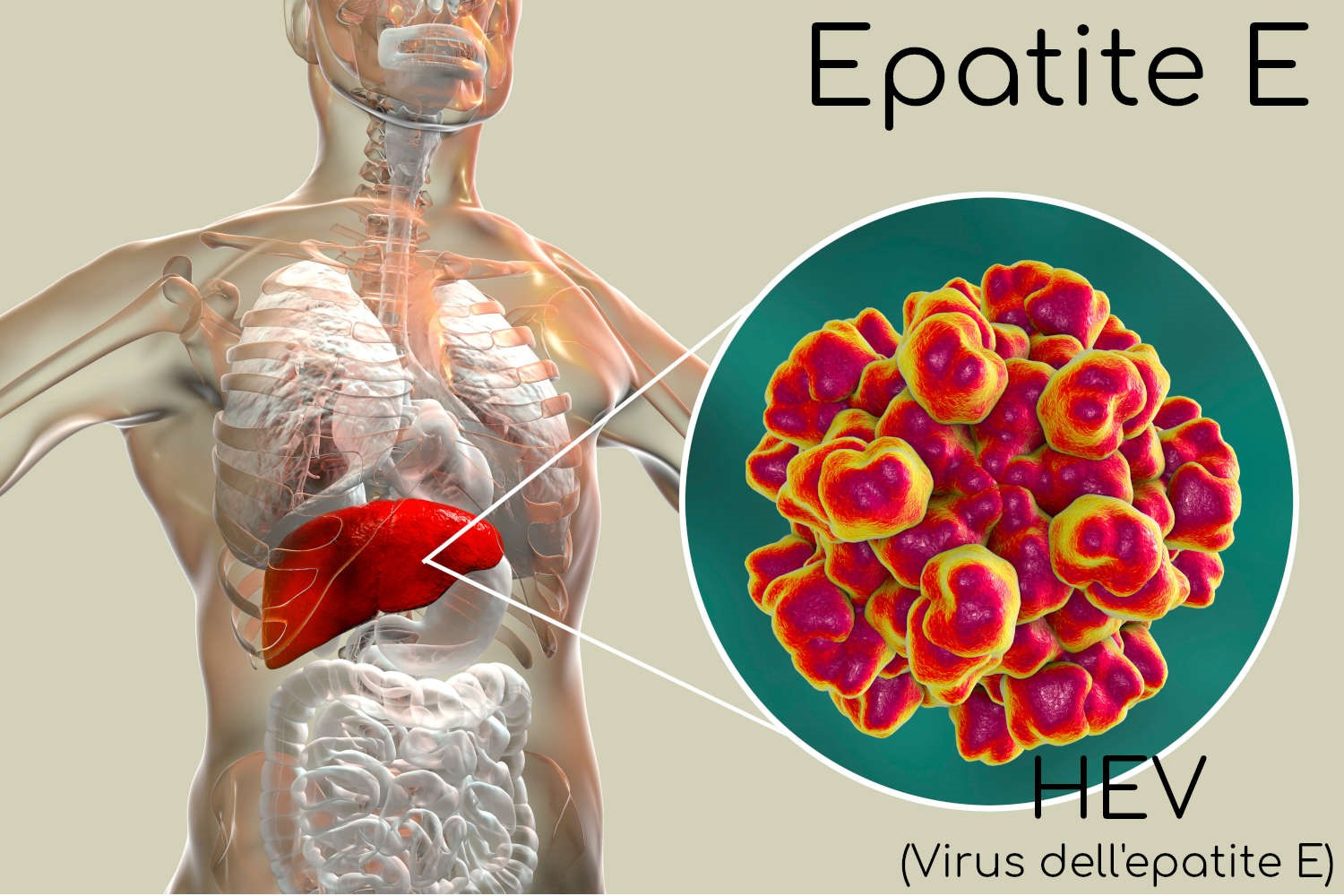
Hepatitis E: what it is and how infection occurs
Hepatitis E is a liver disease caused by the hepatitis E virus (Hepatitis E) that is particularly prevalent in developing countries where lack of water and poor hygiene conditions favour the spread of the virus
Signs and symptoms of Hepatitis E
The acute form has an incubation period of about 2 to 8 weeks and a similar course to that of Hepatitis A.
Hepatitis E does not become chronic, but episodes of fulminant hepatitis are frequent, especially in pregnant women.
The signs and symptoms are similar to those of other types of acute viral hepatitis such as the onset of fever, fatigue and joint pain, loss of appetite, abdominal pain, nausea and vomiting, jaundice and clay-coloured stools.
Causes and transmission of Hepatitis E
Similar to Hepatitis A, the Hepatitis E virus usually develops via the fecal-oral route.
The most common source of infection is contaminated water.
Other identified routes of transmission are:
- food transmission through consumption of infected raw or undercooked meat and seafood;
- transfusion of infected blood products;
- from mother to child.
Who is at risk of contracting Hepatitis E virus
Anyone can become ill with Hepatitis E, but individuals travelling to a developing country where it is endemic may be at greater risk of coming into contact with the Hepatitis E virus.
The virus is currently widespread in Asian countries, Central America and North Africa.
Diagnosis of Hepatitis E
Diagnosis is made by blood tests and the detection of specific IgM and IgG antibodies.
Hepatitis E therapies
There is currently no treatment available, no specific vaccine, that can treat this Hepatitis, so prevention is the most effective approach against the disease.
How to prevent Hepatitis E
The risk of infection and transmission of this hepatitis can be reduced by taking care of personal hygiene and hygiene when handling and preparing food.
Read Also:
Emergency Live Even More…Live: Download The New Free App Of Your Newspaper For IOS And Android
Hepatitis In Children, Here Is What The Italian National Institute Of Health Says
Acute Hepatitis In Children, Maggiore (Bambino Gesù): ‘Jaundice A Wake-Up Call’
Nobel Prize For Medicine To Scientists Who Discovered Hepatitis C Virus
Hepatic Steatosis: What It Is And How To Prevent It
Acute Hepatitis And Kidney Injury Due To Energy Drink Consuption: Case Report
The Different Types Of Hepatitis: Prevention And Treatment
Acute Hepatitis And Kidney Injury Due To Energy Drink Consuption: Case Report
New York, Mount Sinai Researchers Publish Study On Liver Disease In World Trade Center Rescuers
Acute Hepatitis Cases In Children: Learning About Viral Hepatitis
Hepatic Steatosis: Causes And Treatment Of Fatty Liver
Hepatopathy: Non-Invasive Tests To Assess Liver Disease
Liver: What Is Non-Alcoholic Steatohepatitis


